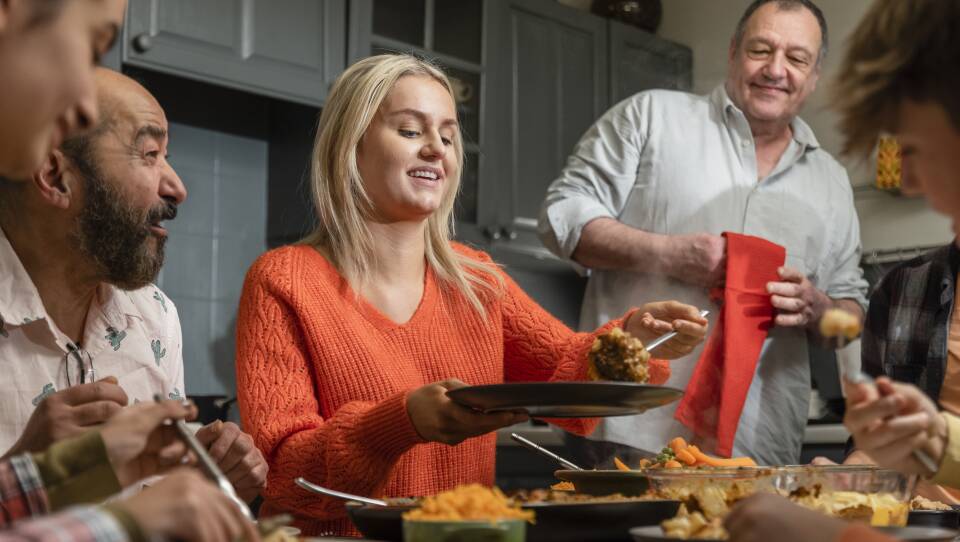We’re about a week from Thanksgiving and for many, the mid-term election is still fresh on the mind. Heck, some races are still being decided. For many, the country’s political divide has become intensely personal – dividing families and even breaking up Thanksgiving traditions.
We all know the old adage about avoiding politics and religion at the dinner table, but it seems harder to do these days. And frankly, it doesn’t seem to be helping.
Jason Jay has a different idea: embrace those hard conversations but do it in a way that might actually bridge the gap rather than widen it. Jay is a senior lecturer at the MIT Sloan School of Management and Director of the Sustainability Initiative at MIT Sloan. He’s also co-author with Gabriel Grant of the book, Breaking Through Gridlock, The Power of Conversation in a Polarized World.
“The only hope you have for a productive conversation is to start from what we call a foundation of relatedness,” Jay told Living Lab Radio. “When I’ve gone to have political conversations with my cousins, for example, the first half hour of the conversation is just about our kids about our lives, about our grandmother who just passed away and how we might be able to keep the family together.”
We’ve got to talk about that before we get to how to keep the country together, Jay said, adding that if we don’t have any shared experience, there’s no chance of having a fruitful political conversation.
“It’s perfectly valid to have a holiday dinner that’s just a holiday dinner; that builds the context for a conversation that might happen later,” he said.
Also, it might also be easier to have a difficult political conversation one-on-one.
“Then you don’t have the dynamic of having people who are on your side trying to score points with you while you’re engaging with the other side,” he said. “That’s that’s a very real dynamic when things start to polarize.”
Lastly, it’s up to the host of the gathering to set the ground rules.
“Hosts should be really clear and transparent,” he said. “If we want to have those conversations, let’s do it in the living room after the dinner. Let’s set these things aside and really focus on where we share common experience and common ground.”





